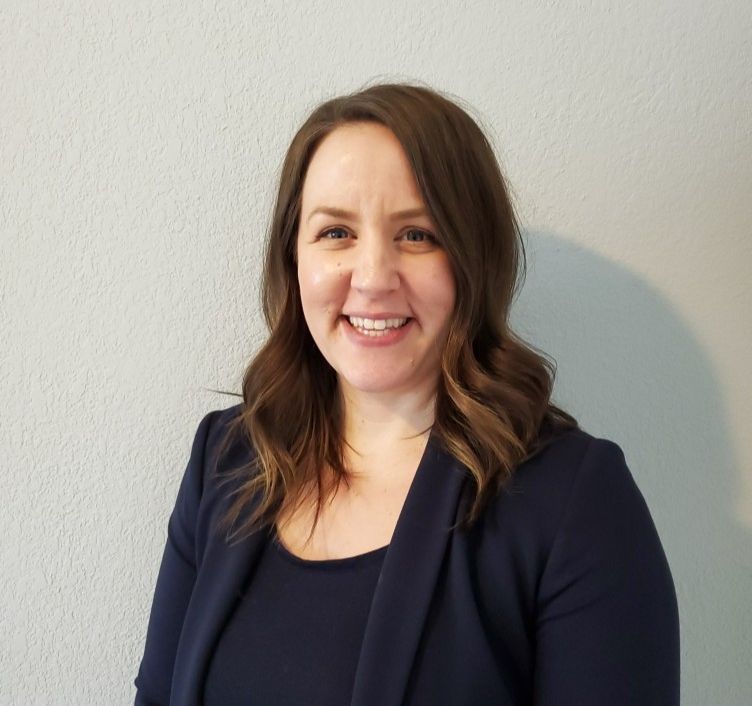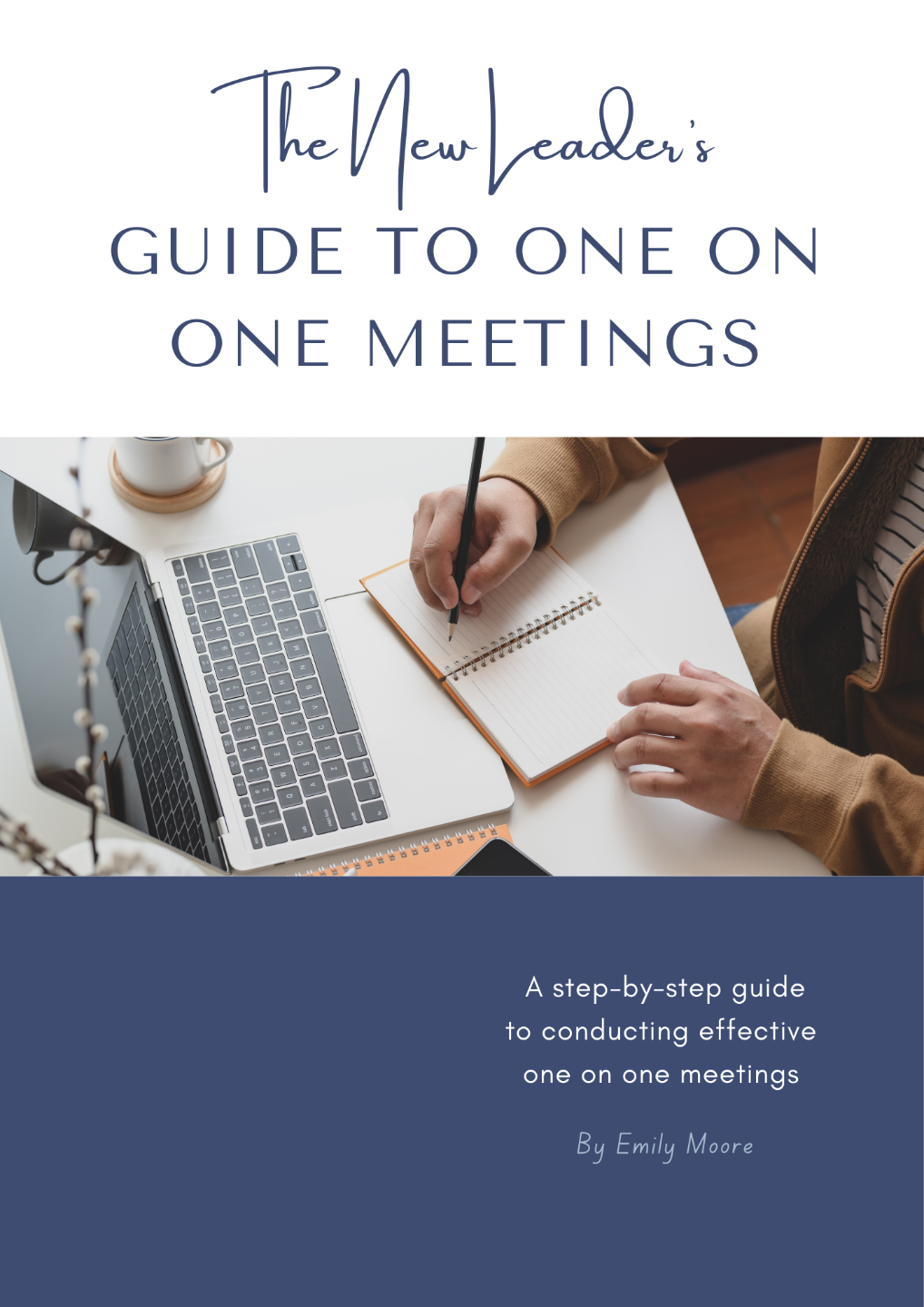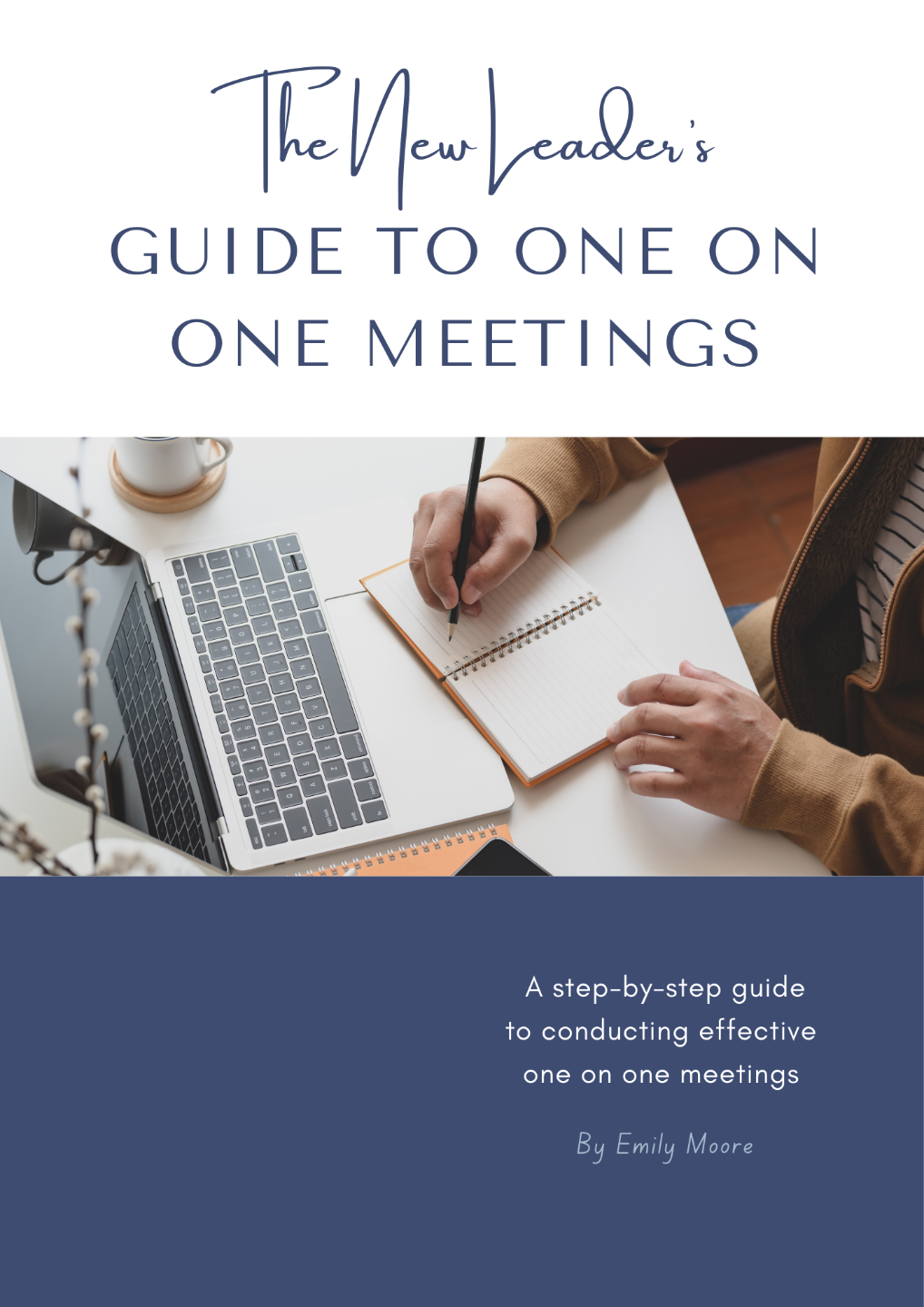
Soft Skills Spotlight on Active Listening
Sep 03, 2024
This post will be the first in a series called Soft Skills Spotlight, where I’ll highlight one of the many relevant soft skills that go hand-in-hand with being an awesome leader.
If you’ve even dipped your toe into leadership you’ve heard of soft skills. And I’m sure you’ve heard a lot of talk about how soft skills are crucial in order for you to be an effective leader. While this is definitely true (I mean no one talks about great leaders because of their technical skills), the lists of “must-have” soft skills out there is a tad lengthy in my opinion.
And let’s be honest, that just adds to the overwhelm and information overload I’m sure you’re experiencing right now.
So recognizing that these soft skills are important to your success as a new manager, we’re going to discuss how these actually apply to you and how you can put them into practice and improve them. Nothing but practical tips in this post!
This week’s spotlight is on…drumroll please……
Active Listening
So, what is active listening?
Active listening means giving your full attention to who you’re speaking with.
You are listening with the intent to understand their perspective, thoughts, and feelings. It is not about waiting until the other person is done talking to say what you have to say (admit it…you’ve done this) and it’s not about appeasing them with false attention.
You listen to what they have to say, ask clarifying questions, confirm your understanding by summarizing what was said, and generally respond with appropriate, thoughtful feedback.
Above all else, it’s about being present in the conversation. No distractions, no assumptions, no pre-determined ideas.
Why do leaders need it?
As a new leader, your team looks to you for guidance and support (remember that’s your number one job).
In order to truly understand the support your team needs, you need to be using active listening when you speak with them.
Is it improving a process so it’s more efficient? Do they need additional training? Is there conflict with another member on your team?
When you know what your team needs then you’ll be able to support them better, make better decisions and resolve conflicts faster. You will also have overall better communication with them.
Tips to improve your active listening
✓ Give your undivided attention: depending on your environment, make sure all distractions are removed (this may be as simple as putting your phone in your pocket)
✓ Show you’re engaged: give your full focus to the person speaking, make eye contact, and pay attention to your body language
✓ Paraphrase and reflect: “So what I’m hearing you say is….” or “If I’m understanding you correctly, you are frustrated by….”
✓ Ask questions: “Could you elaborate on that please?” or “Tell me more about…”
✓ Avoid interrupting: Always let the other person finish what they are saying so you have all the information.
Don’t stress about being perfect right away.
It’s true what they say, practice makes perfect. And the same can be said for working on the soft skills needed to be an effective leader.
Be mindful of the areas you need to work on and try to get a little better each conversation you have.
I know for me, making sure I’m not distracted is something I’m continuously working on. In the age of multi-tasking, technology, and just the general busy-ness of the workplace, giving my undivided attention is something I have to be very mindful of.
So, do you think you’ve been using active listening, or do you think you have some work to do?
Let me know in the comments!
Happy leading!
Emily



